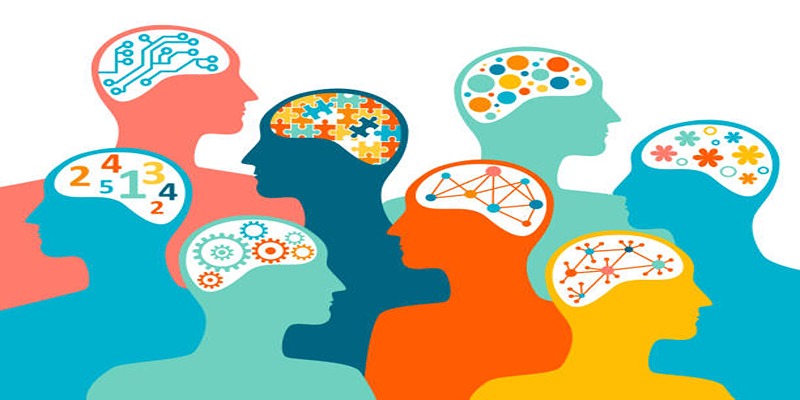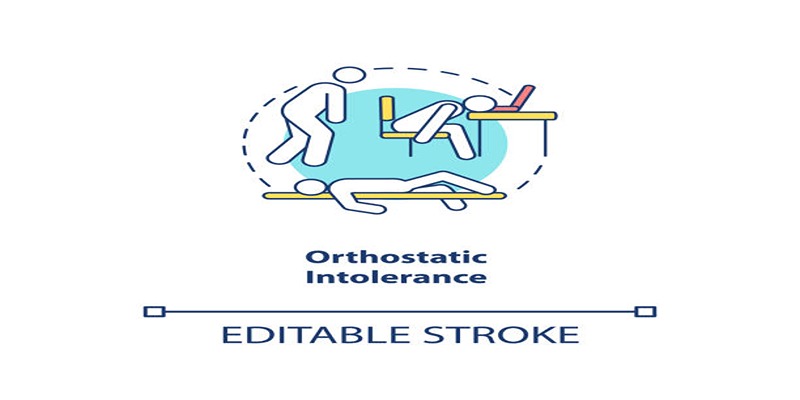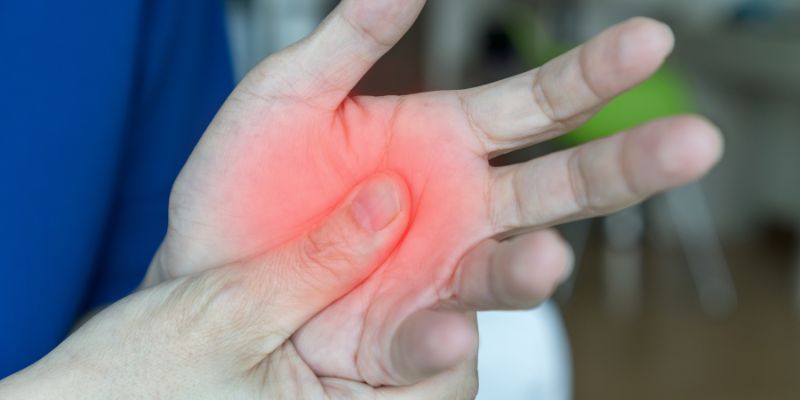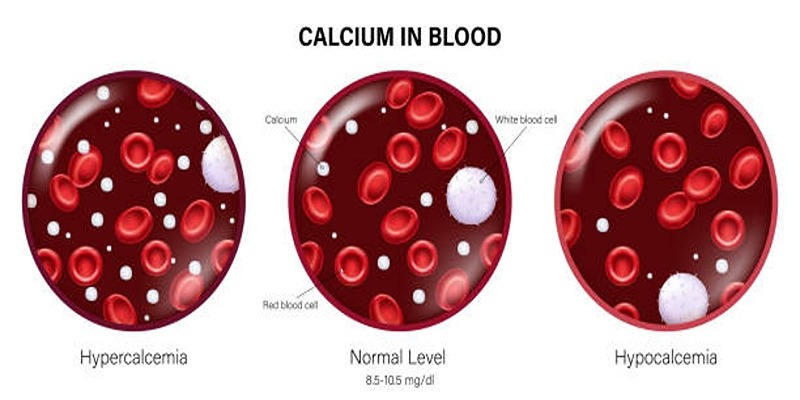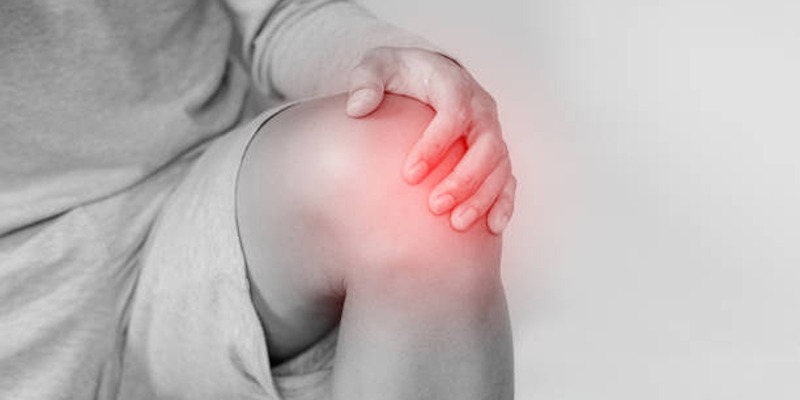Why Do We Feel Numb to the News, and How Can We Stay Engaged?
In this fast-paced digital age, news can be found everywhere; social media and 24-hour TV channels beam streaming news into living rooms. It is essential to stay updated with the happenings in the world, but an overdose of awful headlines can drain one's emotional batteries. This is what we term news numbness or news fatigue: situations, disasters, and conflicts reduce our ability to be emotionally affected, and the brain, somehow, tries to insulate itself from those negatives and thus paralyzes feelings of concern and empathy. Awareness of such psychology is the first thing to work on to curb its effects on mental health and everyday life.
The Science Behind Emotional Numbness from News
Our brains naturally alert us to any potential danger, so being exposed to too much frightening news can cause emotional overload instead. Studies show that stress over extended periods increases cortisol levels and dampens emotional responses. This may be why people feel less connected with tragic stories that should otherwise affect them. If the media focuses on fear-mongering narratives, this only serves to aggravate the effect. Understanding the neurological, physiological, and psychological workings behind news numbness thus allows people to put the ability to notice when they need to step back and protect their emotional health into practice.

Social Media as Enabler of News Overload
Social media has changed news consumption patterns but is still drawing back since it also contributes enormously to information burnout. Unlike traditional news sources, social media are populated with personal opinions, exaggerations, mischief, and emotionally provocative content. Algorithms serve engagement while promoting nasty and sensational stories. This catalyzed stream of evil news creates a vicious cycle of anxiety and detachment. Moderation of social media activity-consciously selecting sources for news, limiting time, and debating them meaningfully may counter some negative impacts of digital information erosion.
Psychological Effects of Too Much Bad News
Regular exposure to negative news can make one feel anxiety, great depression, and even post-trauma-like situations. Detachment results when people feel powerless to change the events they have witnessed in news reportage; the result becomes a defense mechanism. Eventually, this chronic detachment becomes apathy and disinterest in becoming informed or doing anything. Acknowledging how much news that hurts people also hurts people is key to developing healthier habits to sustain awareness and mental well-being.
How to Identify Signs of News Fatigue
News fatigue is not necessarily outright disengagement but can also appear subtly. Some typical signs include becoming anxious after reading the news, shunning current events, or having trouble focusing on key stories. Physical symptoms such as headaches, difficulty sleeping, and heightened stress levels can also serve as indicators that news viewing is negatively impacting one's health. Acknowledging these symptoms early allows people to take proactive measures to make a healthier balance between being informed and being emotionally secure.
Tips to Remain Informed Without Feeling Overwhelmed
There are some practical tips for consuming news in a balanced and mindful way. One very effective tip is to have specific time constraints for consuming news instead of refreshing continuously throughout the day. Selecting credible news sources as opposed to sensationalist media can also minimize emotional distress. Furthermore, viewing positive or solution-oriented news with complex news accounts can give a more balanced view. Self-awareness and regular breaks from exposure to news can also prevent emotional exhaustion while still keeping abreast of key issues.
The Positives of a Digital Detox from News
A digital detox is stepping aside from around-the-clock media usage for a short time to recharge mental clarity and emotional stability. Research indicates that news avoidance leads to decreased stress levels, enhanced focus, and increased feelings of inner calm. An organized method, such as allotting some days or a few hours as "news-free," avoids burnout. Taking up alternative activities such as reading books, outdoor time, or mindfulness can assist individuals in recharging and regaining emotional resilience without being overly controlled while remaining well-informed.

The Power of Selective News Consumption
Not all news is pertinent or significant to everyone. Selective news consumption is practiced by prioritizing credible sources, reading about stories that directly affect personal or professional life, and refraining from excessive exposure to upsetting content. Subscriptions to news summaries or newsletters can offer necessary updates without the deluge of information. Being mindful of what, when, and how news is read allows people to stay informed while safeguarding their mental and emotional well-being.
Meaningful Interaction with News
Rather than sitting passively in front of the news, active engagement with it can make a substantial difference in how it impacts emotional health. This might involve debating current affairs with trusted friends, blogging about concerns that matter, or getting involved in community action that responds to real-world issues. Taking proactive steps, no matter how small, can change feelings of helplessness into feelings of empowerment. People can foster a healthier, more active news consumption relationship by concentrating on action and solutions rather than merely consuming negative headlines.
Getting Professional Assistance for News Anxiety
For others, news fatigue can induce extreme stress or worsen underlying mental health issues. Consulting with a therapist or mental health specialist might be helpful in these situations. Cognitive-behavioral therapy (CBT) methods can assist people in reframing how they approach watching the news, dealing with anxiety, and adopting more positive coping mechanisms. Mental health specialists can also offer individualized guidance on navigating too much news and remaining emotionally healthy.
Conclusion:
While being well-informed is essential, overexposure to the news can contribute to emotional fatigue and detachment. Identifying signs of news numbness and practicing measures like selective consumption, digital detoxes, and active participation can help you stay informed and emotionally resilient. By embracing a mindful strategy in consuming news, one can remain well-informed without sacrificing their mental well-being, creating a healthier and more balanced relationship with the information they are exposed to.


